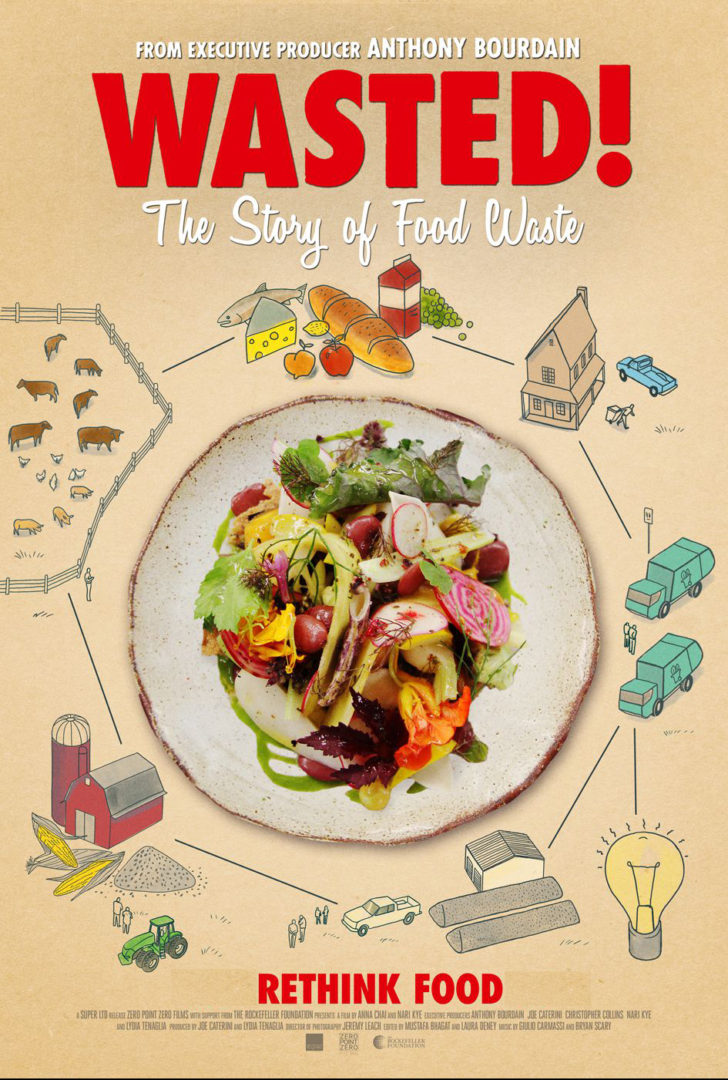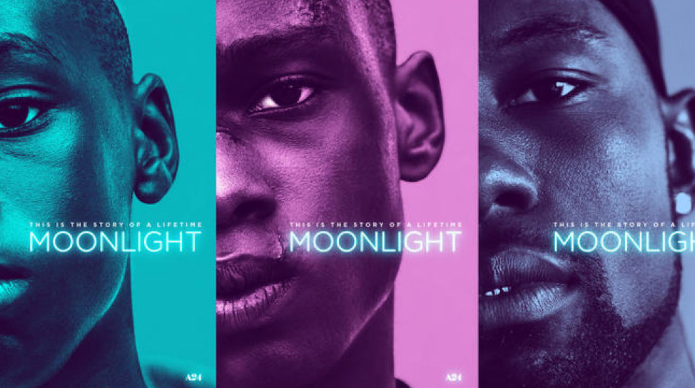Jason Sandford
Jason Sandford is a reporter, writer, blogger and photographer interested in all things Asheville.

Will the real Diane Polley please stand up?
(Roadside Attractions)
Early in Sarah Polley’s sorta-documentary Stories We Tell, the writer/director’s sister Joanna asks who besides their “stupid family,” whose saga forms the focus of this feature-length film, would care about their tale. After all, what’s interesting to their clan may not hold much meaning for those who aren’t related or of close acquaintance.
Though posited somewhat in jest, the question proves sadly prophetic, lingering and languishing unsupported by a compelling answer. As Sarah reconstructs her investigation into the possibility that her biological father may be someone other than Michael Polley, the man who raised her and was husband to her late mother Diane, questionable filmmaking techniques make the already esoteric exploration all the more insular. Instead of offering significant insight on memory and how people construct stories, which Sarah states multiple times is her intent, the film is akin to sitting in on a stranger’s family at Christmas as they reminisce; though a few details are bound to connect with outsiders, far too many do not.

“You’ll shoot your eye out, kid!”
(Roadside Attractions)
Documentaries by their nature are frequently personal and often cover specialized topics, but it’s the director’s responsibility to make the subject at hand accessible to viewers. Sarah, however, seems bent on discouraging such a connection. With precious few photographs of Diane and some scattered Super 8 footage, she constructs a profile of her mother through mostly helpful interviews with siblings, relatives, close friends, and her potential biological fathers. Shots of Michael (essentially serving as the film’s narrator) reading his write-up of the events in a recording studio with Sarah offering direction are less successful and a bit of a remove from the interviews’ immediacy, but it’s in the film’s primary approach where she really gets into trouble.

“You can’t be my daughter. She wouldn’t be this bossy.”
(Roadside Attractions)
To compensate for the dearth of footage, Sarah rounds out Stories We Tell with new Super 8 scenes of actors posing as Diane, Michael, and other key players, attempting to match them with the real deal without notice. While enough time has lapsed between the recreated setting to warrant acceptance and the actors bear decent resemblances to their respective real-life counterparts, numerous discrepancies draw attention to the authenticity of these images. For one, the film makes a point of saying that Michael was almost exclusively the one behind the camera, so to then depict scenes where he’s in front of the camera, party scenes where he’s clearly not filming, or moments when he’s not even present (e.g. Diane’s play rehearsals in Montreal) puts their validity sharply in question. Furthermore, some of these scenes are of private moments that make little sense being documented, while plenty of others blatantly call attention to the camera with “Diane” (Rebecca Jenkins) pointing at the lens or otherwise attempting (unsuccessfully) to appear candid.

Visual facon a.k.a. narrative filmmaking.
(Roadside Attractions)
Such an approach likely wouldn’t have been quite so frustrating in small doses and might have felt more convincing, but Sarah’s over-reliance on these falsifications to tell the story grows increasingly annoying. Even though she eventually owns up to her deception, the disparity from nearly the get-go makes her admittance anything but an “aha” moment. If not for a few scattered revelations (namely the whole truth-finding mission persuading Michael to pursue a lifelong interest) and Sarah’s directorial thoughtfulness (an interesting misfire is still preferred to the usual soulless studio fare), this phoniness could have derailed the film entirely. Thankfully, its consequences aren’t that debilitating, but as with Sarah’s similarly good-on-paper Away From Her and Take This Waltz, her latest work presents a filmmaker whose execution, especially three films in, is in dire need of some fine-tuning.
Grade: C+
Rated PG-13 for thematic elements involving sexuality, brief strong language and smoking.
Stories We Tell is currently playing at the Carolina Cinemas on Hendersonville Rd.
[youtube https://www.youtube.com/watch?v=ytq4VZ2Nyxg]



























